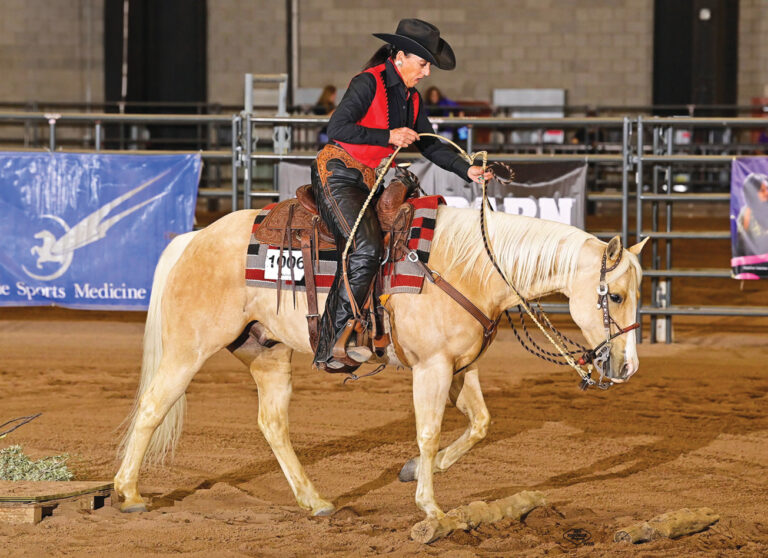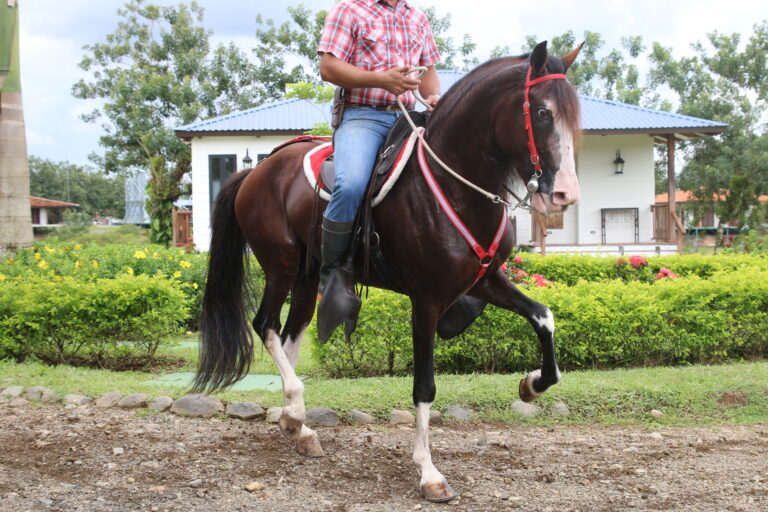
The Florida Department Agriculture and Consumer Services confirmed a yearling Thoroughbred colt in Marion County, Florida, positive for Eastern equine encephalitis (EEE) on July 21. He presented with fever, hind-limb paresis (loss of voluntary movement), and recumbency (down and unable to get up) beginning on July 8. The colt was undervaccinated and is now deceased.
This marks Florida’s eighth confirmed case of EEE in 2022.
EDCC Health Watch is an Equine Network marketing program that utilizes information from the Equine Disease Communication Center (EDCC) to create and disseminate verified equine disease reports. The EDCC is an independent nonprofit organization that is supported by industry donations in order to provide open access to infectious disease information.
EEE 101
Eastern equine encephalomyelitis is caused by the Eastern equine encephalitis virus, for which wild birds are a natural reservoir. Mosquitoes that feed on EEE-infected birds can transmit the virus to humans, horses, and other birds. Horses do not develop high enough levels of these viruses in their blood to be contagious to other animals or humans. Because of the high mortality rate in horses and humans, EEE is regarded as one of the most serious mosquito-borne diseases in the United States.
Learn More: Handling a Horse Exposed to Disease
Tips for preventing mosquito-borne diseases include:
- Avoid mosquito bites: Use insect repellent when outdoors, especially from dusk to dawn.
- Look for EPA-labeled products containing active ingredients such as DEET, picaridin (KBR3023), or oil of lemon eucalyptus (p-menthane 3,8-diol).
- Apply more repellent, according to label instructions, if mosquitoes start to bite.
- Mosquito-proof homes: Fix or install window and door screens, and cover or eliminate empty containers with standing water where mosquitoes can lay eggs.
- Protect your horses: Veterinarians recommend commercially available licensed vaccines against EEE for all horses in the U.S. Horses should be vaccinated at least annually (recommendations vary in high-risk areas). It’s not too late this year to vaccinate your horses.
- Use approved insect repellents to protect horses.
- If possible, put horses in stables, stalls, or barns during the prime mosquito exposure hours of dusk and dawn.
- Eliminate standing water, drain water troughs, and empty buckets at least weekly.
- Stock water tanks with fish that consume mosquito larvae (contact your local mosquito control for assistance), or use mosquito “dunks” (solid “donuts” of Bacillus thuringiensis israelensis[BTi], which are nontoxic to horses) available at hardware stores.







